BBC Chair Admits Hamas-Linked Gaza Doc a ‘Dagger to the Heart’ of Broadcaster’s Credibility
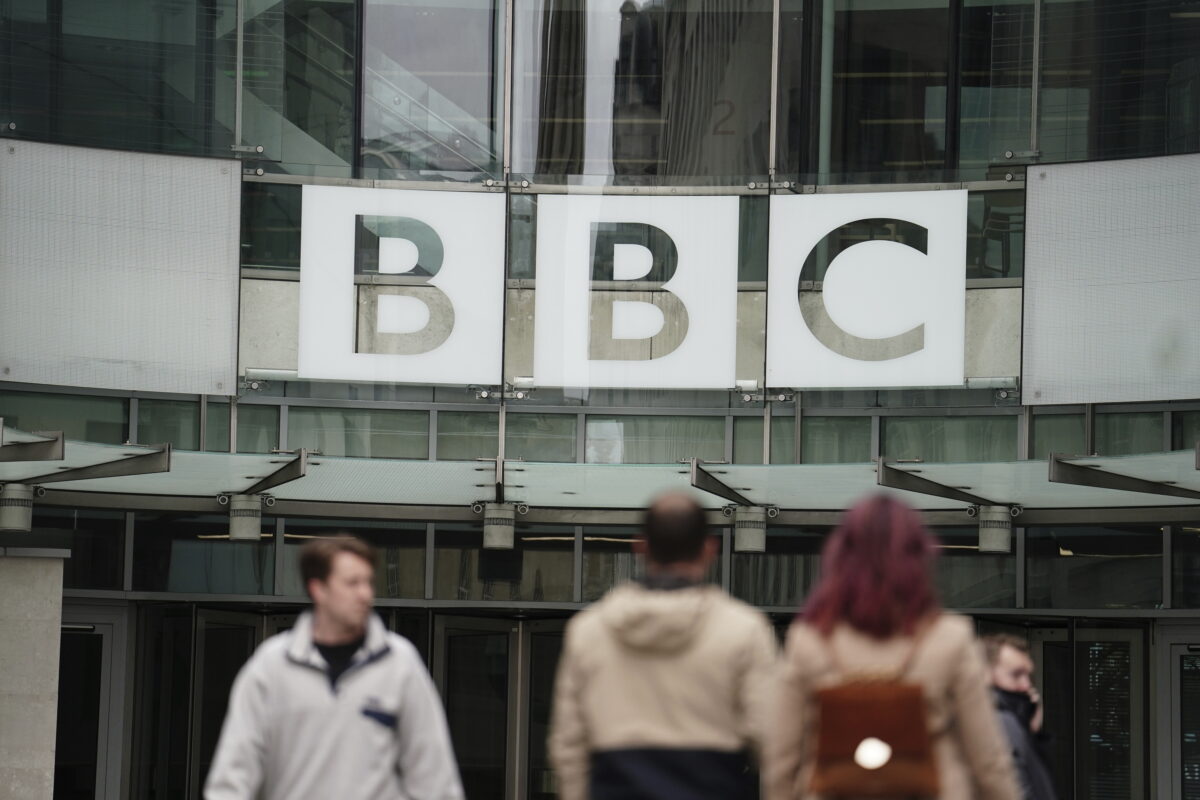
(Press Association via AP Images)
BBC chairman Samir Shah admitted that the scandal around a now-pulled Gaza documentary narrated by the son of a senior Hamas official represented a “serious failing,” and a “dagger to the heart” of the broadcaster’s credibility.
The controversy centers on Gaza: How to Survive a Warzone, a documentary narrated by 13-year-old Abdullah al-Yazouri, who was later revealed to be the son of the deputy agricultural minister in the Hamas government.
The revelation has triggered a crisis and full-scale internal investigation at the BBC, raising serious questions about oversight, editorial standards, and the broadcaster’s claim to impartiality. Scrutiny is falling on several BBC News figures who signed off on the documentary before its initial broadcast on February 17.
BBC Director-General Tim Davie and Shah were both grilled by UK MPs at the Culture, Media and Sport Committee, where the pair admitted internal safeguards had failed.
“People weren’t doing their job,” Shah said, pointing to oversight lapses both within the independent production company, Hoyo Films, and BBC’s own ranks, where he claimed producers “were not told” about the boy’s family connections before the documentary aired.
“This is a really, really bad moment,” he continued. “What has been revealed is a dagger to the heart of the BBC’s claim to be impartial and to be trustworthy, which is why I and the board are determined to ask the questions.
He added: “The processes, the editorial guidelines and the standards the BBC has are very good. They’re very strong. I have a worry that it wasn’t so much the processes were at fault, as people weren’t doing their job. That’s what we need to really establish.”
Davie, who personally ordered the documentary’s removal, explained his decision: “Looking people in the eye, can we trust this film in terms of how it was made? That’s where we made the decision.”
According to The Guardian, a letter signed by high-profile figures including departing sports broadcaster Gary Lineker as well as actresses Ruth Negga and Juliet Stevenson urged the BBC to reinstate the film, calling it an “essential piece of journalism.”
The broadcaster, however, maintains its failure to be transparent is justification enough for pulling the documentary.
New: The Mediaite One-Sheet "Newsletter of Newsletters"
Your daily summary and analysis of what the many, many media newsletters are saying and reporting. Subscribe now!
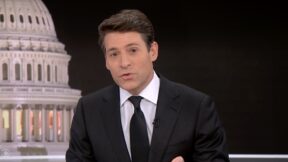
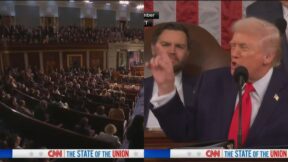
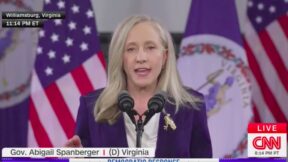
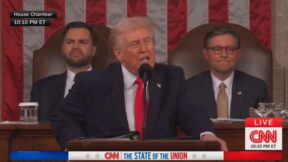
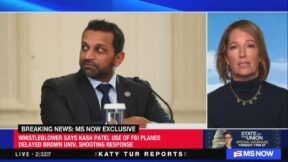

Comments
↓ Scroll down for comments ↓